The Video Game Vending Machines That Defined a Decade
Credit to Author: Jess Morrissette| Date: Tue, 31 Dec 2019 14:06:05 +0000
Through the rest of December and into early January, we're going into hibernation. But every day, we'll have a new podcast for you to listen to, and sometimes, an article to read. You can keep track of everything we're talking about to look back on the past year (and decade) right here.
I think we can all agree that a video game, when reduced to its most basic definition, is simply a collection of bits and bytes that exist primarily to depict vending machines in a variety of engaging gameplay contexts.
That’s why I launched The Video Game Soda Machine Project in 2016—to chronicle virtual soda machines across every major gaming platform and, by extension, better understand why video games exist as a medium in the first place. It is with this goal in mind that I look back at a selection of video game vending machines that defined the tumultuous 2010s.
Please note that this list is not intended to reflect the most popular or critically acclaimed games, but rather to call attention to the virtual vending machines that best embody the values and attitudes of the past decade.
C.A.M.P. Vending Machine (Fallout 76, 2019)
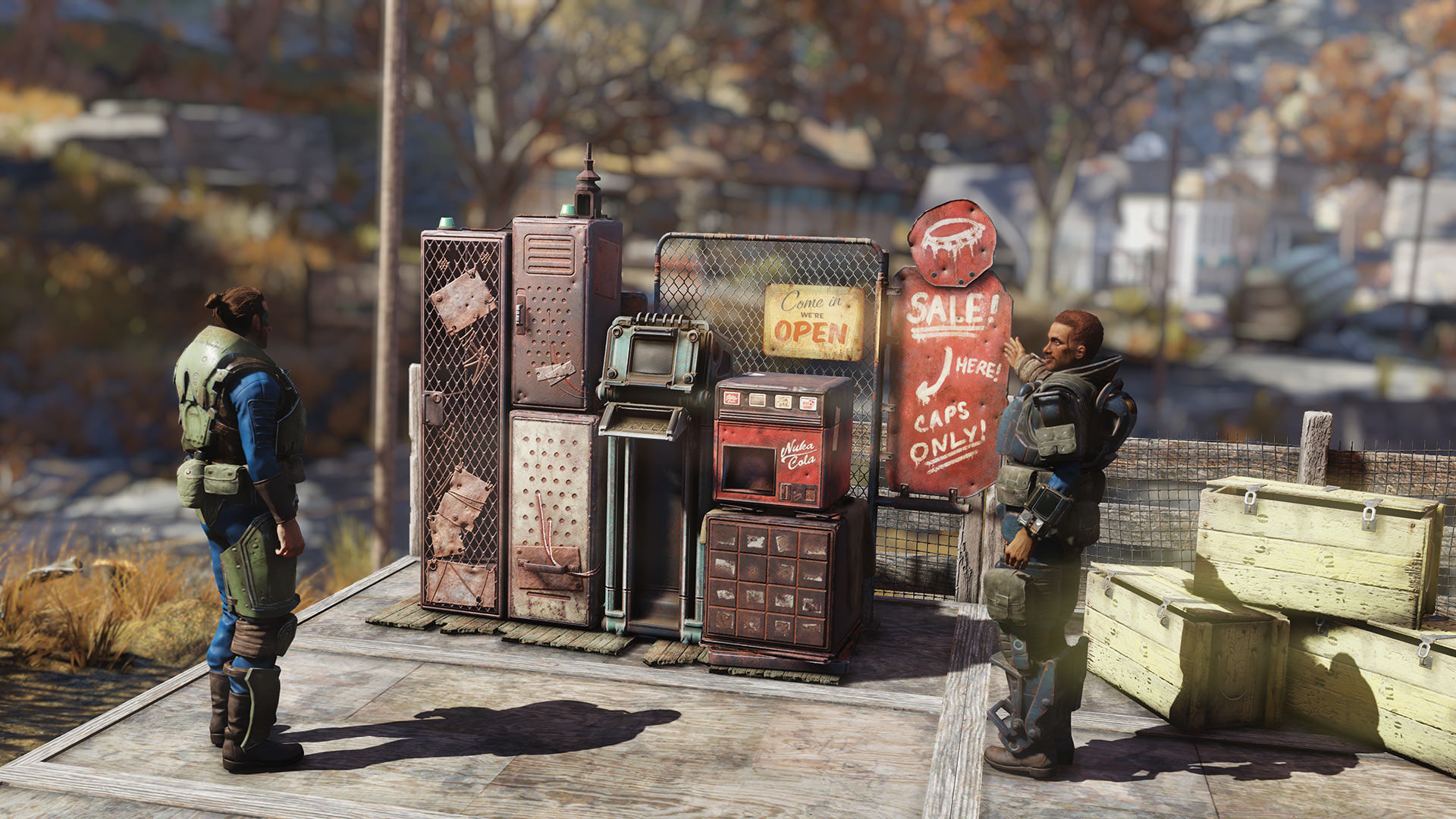
Following a disastrous launch, persistent bugs, and a canvas duffle bag that wasn’t canvas after all, Fallout 76 enjoyed a brief moment of resurgence with the introduction of player-controlled vending machines in 2019. A thriving in-game economy emerged where players could sell everything from Nuka-Cola to shoulder-mounter nuclear weapons for fun and profit, quickly transforming Fallout 76 into Flea Market 76. Then everyone got bored and left again. I guess capitalism was fun while it lasted.
Fizzolne Machine (America’s Army: Proving Grounds, 2015)
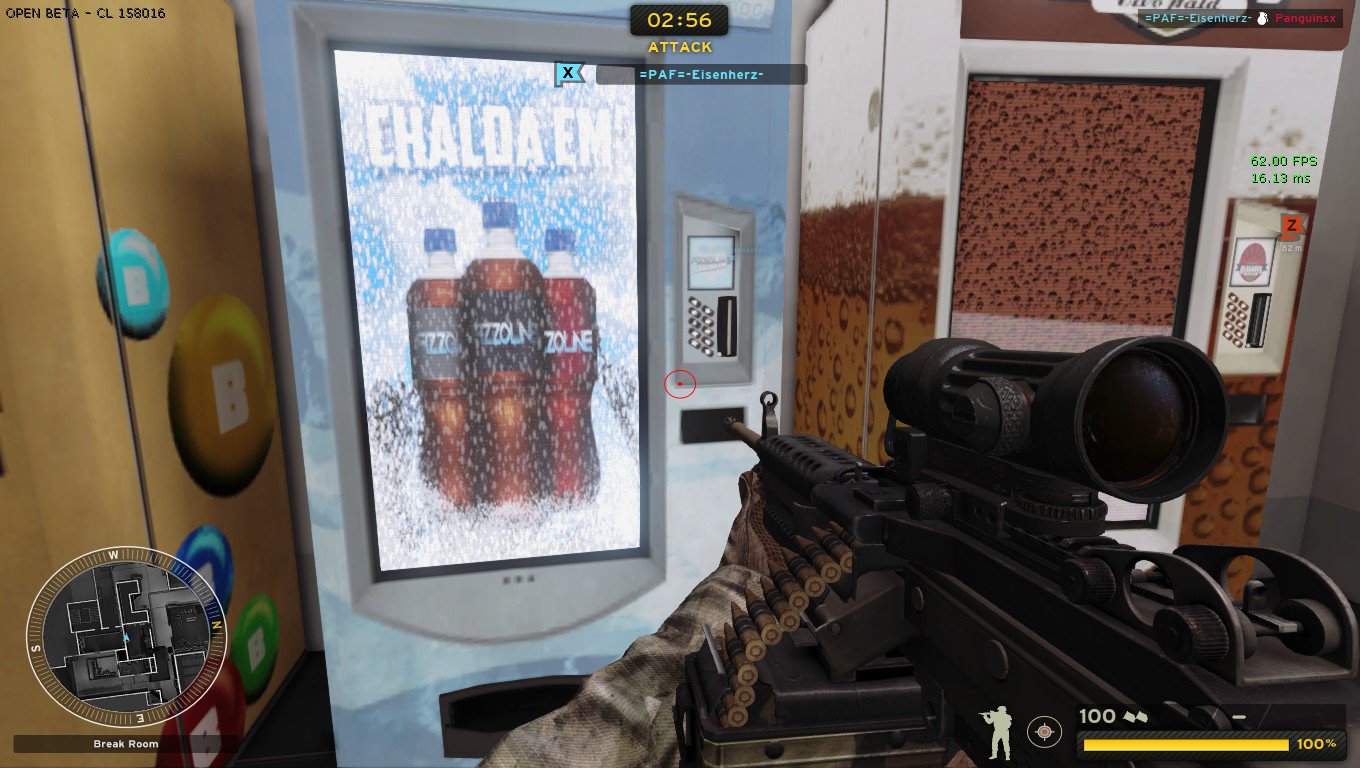
As the War on Terror threatens to spill over into its third decade and America surveys a future in which it is no longer the world’s only superpower, it’s important to remember that a teeny-tiny portion of Defense Department spending went toward creating this drink machine from America’s Army: Proving Grounds, the official game of the U.S. Army.
Vendi (Yooka-Laylee, 2017)
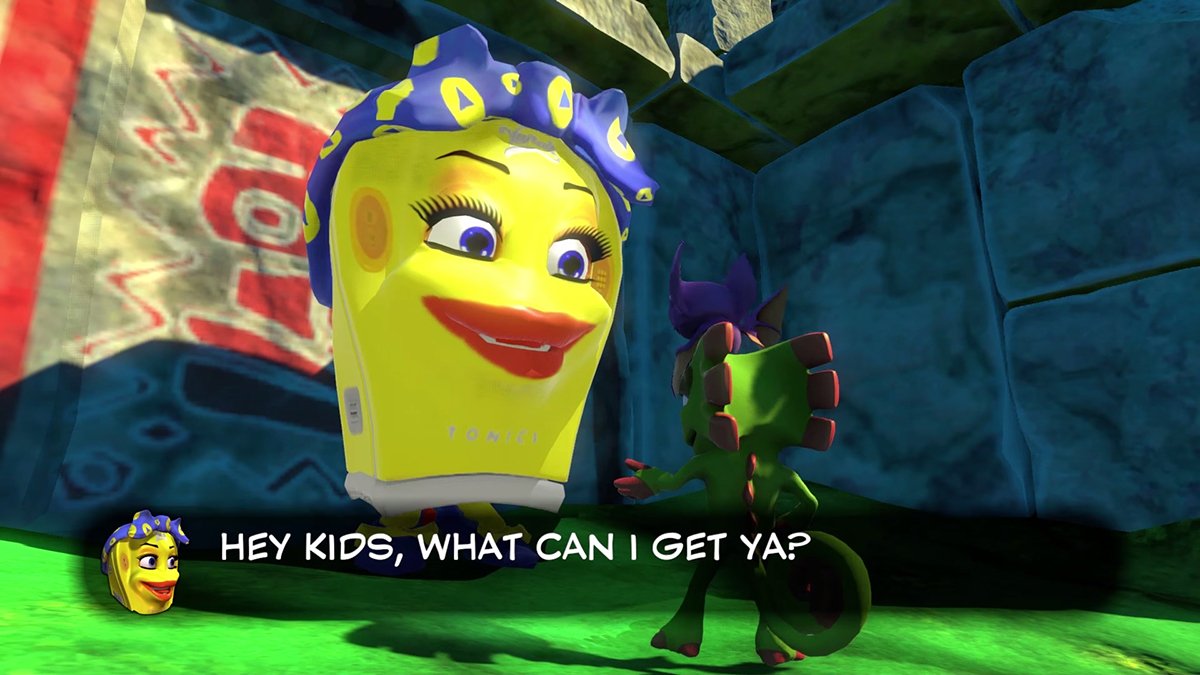
Nostalgia was an inescapable cultural force over the past decade, so when gamers cried out for a spiritual successor to tag-team platformer Banjo-Kazooie, it’s not surprising Playtonic Games answered with the charming Yooka-Laylee. Then, a finger on the monkey paw curled, and we met Vendi, the game’s nightmarishly anthropomorphic vending machine who dispenses power-ups to players. The word “nostalgia” is derived from a pair of Greek root words meaning “homecoming” and “pain,” and there’s no question that Vendi brings the pain.
H 2 0 Boost, Ishanti, and PopaKola Machines (Deus Ex: Mankind Divided, 2016)
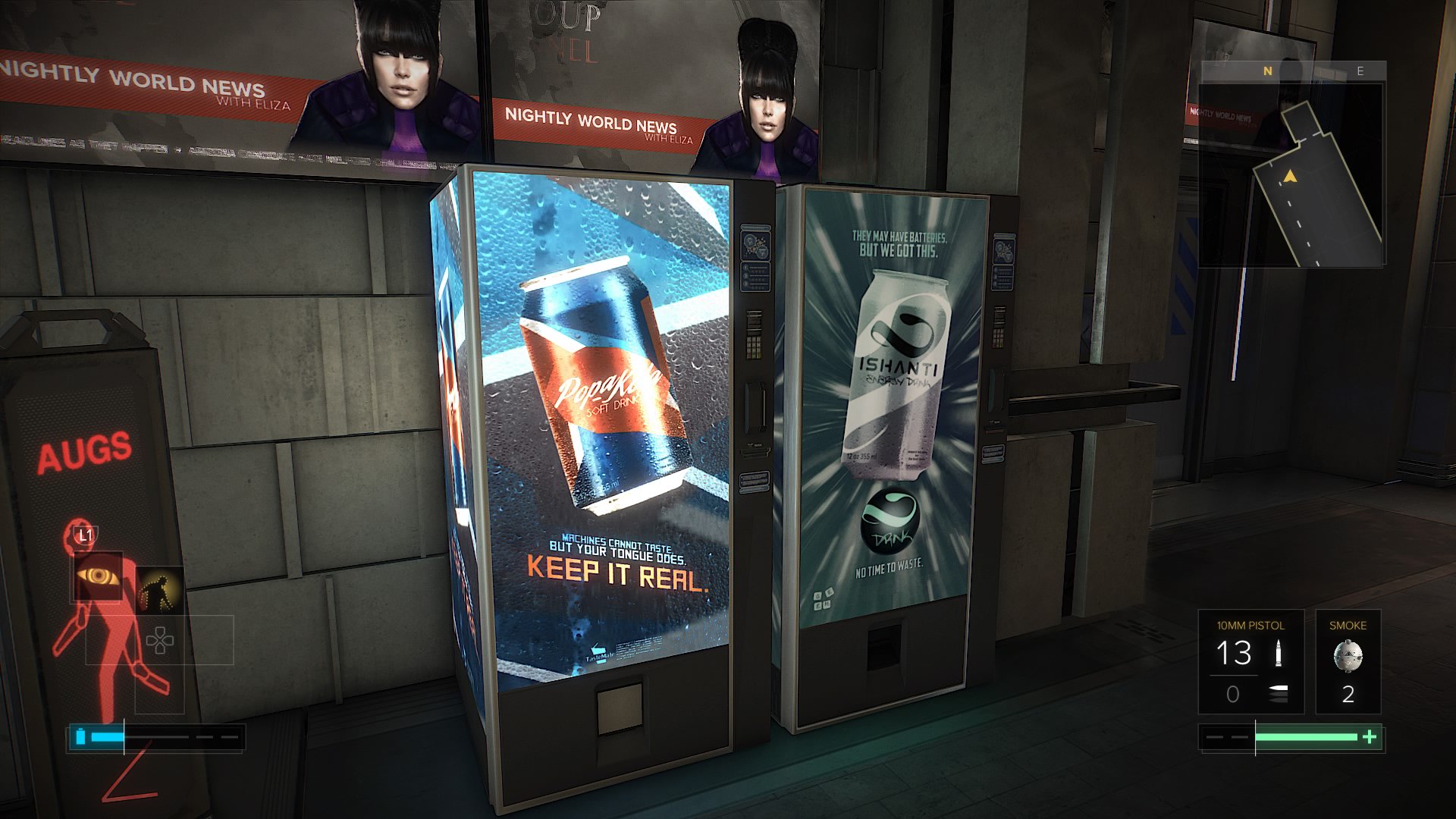
As we all grew increasingly inseparable from our electronic devices over the past decade, Deus Ex: Mankind Divided stepped in to provide incisive commentary on the cyborgification of society in the most profound way possible: catchy soda machine slogans. “Machines cannot taste, but your tongue does. Keep it real.” Inspiring. “They may have batteries, but we got this.” Bold. “It doesn’t have to feel like you’re a broken machine.” Powerful.
Tana Cola (Far Cry 5, 2018)
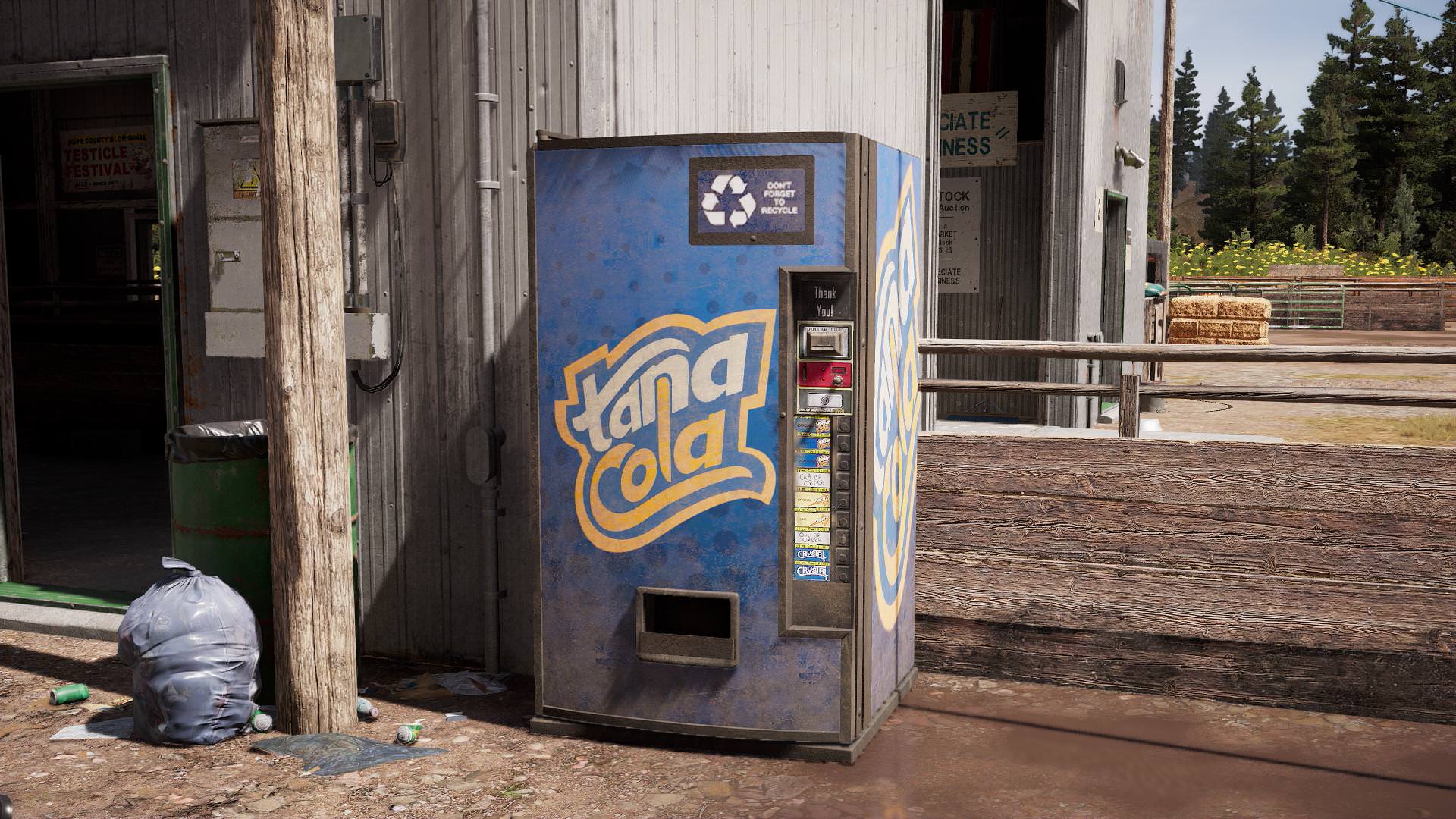
If the past decade has taught us anything, it’s that politics has no place in video games. Just ask Ubisoft. With Far Cry 5, Ubisoft insisted its story of a doomsday cult in the mountains of Montana founded on the principles of “Freedom, Faith, and Firearms” shouldn’t be mistaken for any kind of commentary on contemporary American politics, and they were right. It’s just a fun game about having fun. In turn, Far Cry 5’s Tana Cola vending machine is a perfectly serviceable— — if completely forgettable— — soda machine with nothing of real consequence to say, and that’s good enough.
OverCharge Delirium XT Machine (Sunset Overdrive, 2014)
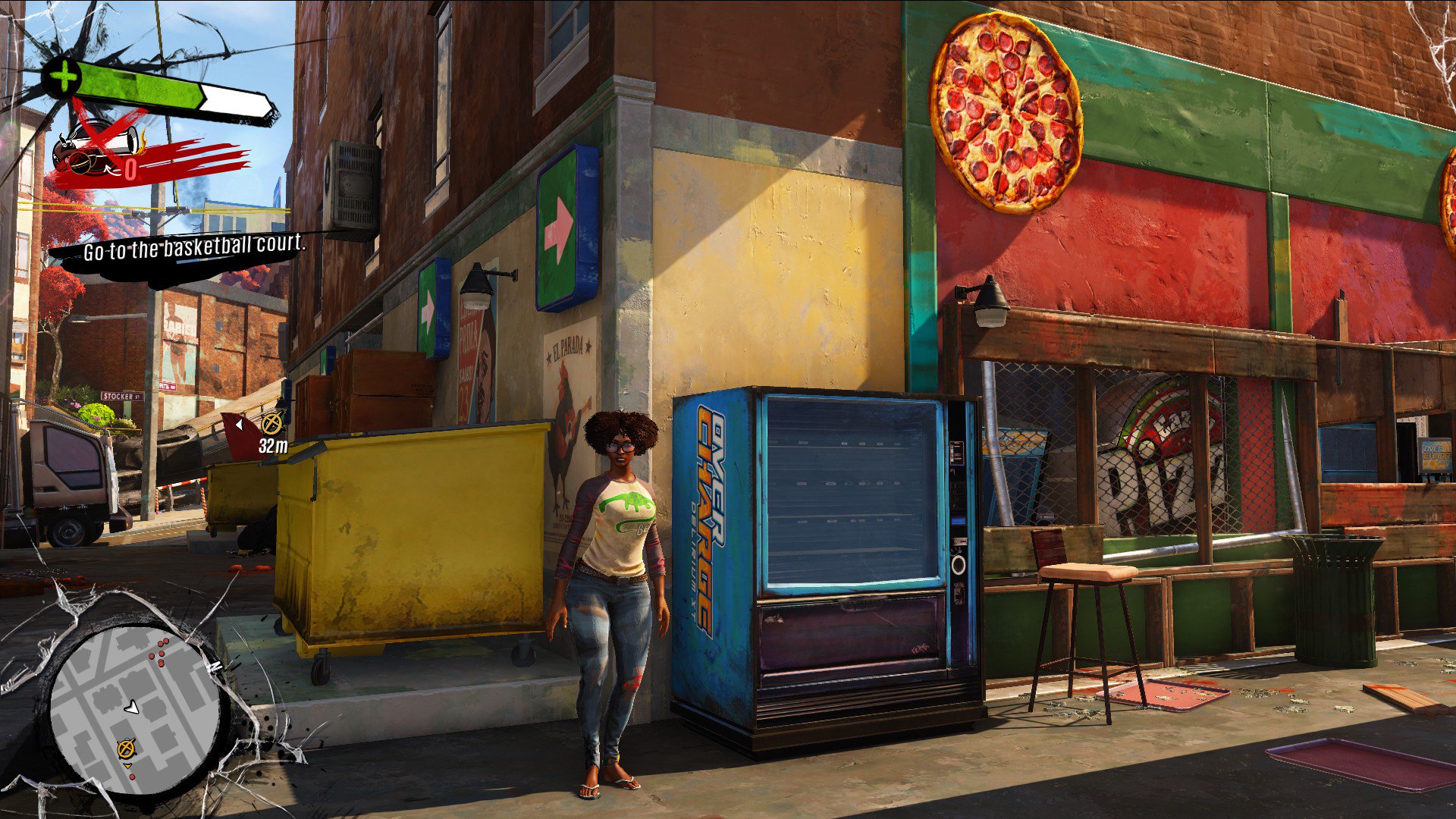
The energy drink market continued to boom during the 2010s, driven by the public’s unslakable thirst for taurine and other efficacious-sounding additives, but only one game was willing to ask the question, “What if energy drinks turned you into a mutant rage monster, though?” That game was Sunset Overdrive, and the drink was FizzCo’s OverCharge Delirium XT. Rushed to market without FDA testing, OCD ushered in a colorful, caffeinated apocalypse full of exhilarating parkour and rail-grinding action. And violence. So much violence.
Virility Machine (DmC: Devil May Cry, 2013)
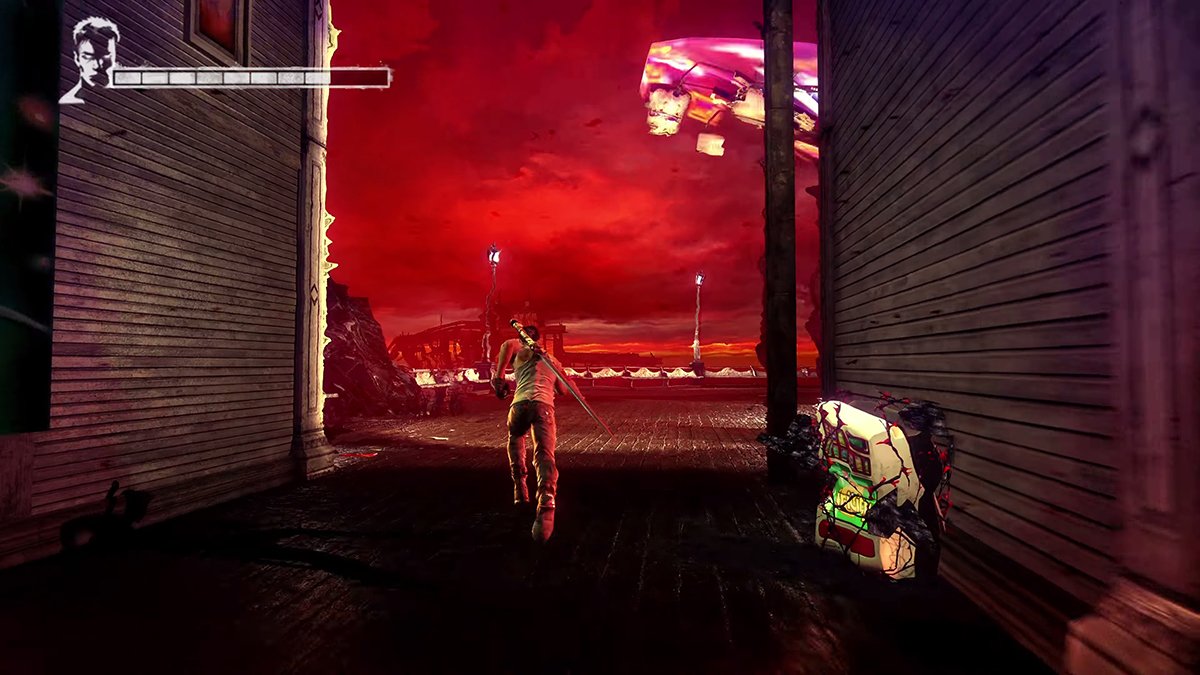
We live in a culture inundated by advertising, and soft drink companies like Coca-Cola and Pepsi were instrumental in creating that culture. In turn, Capcom played with that idea when they handed out cans of Virility, “the only drink you’ll ever need,” as part of a viral marketing campaign for DmC: Devil May Cry. While in-game posters and billboards promised a “fitter, smarter, sexier you,” Dante would ultimately discover that Virility was made from the secretions of an ancient Succubus. I guess that explains why the game’s vending machines were warped and corrupted by demonic energy, just like the 2010s.
Monster Energy Drink Machine (Tony Hawk’s Pro Skater 5, 2015)
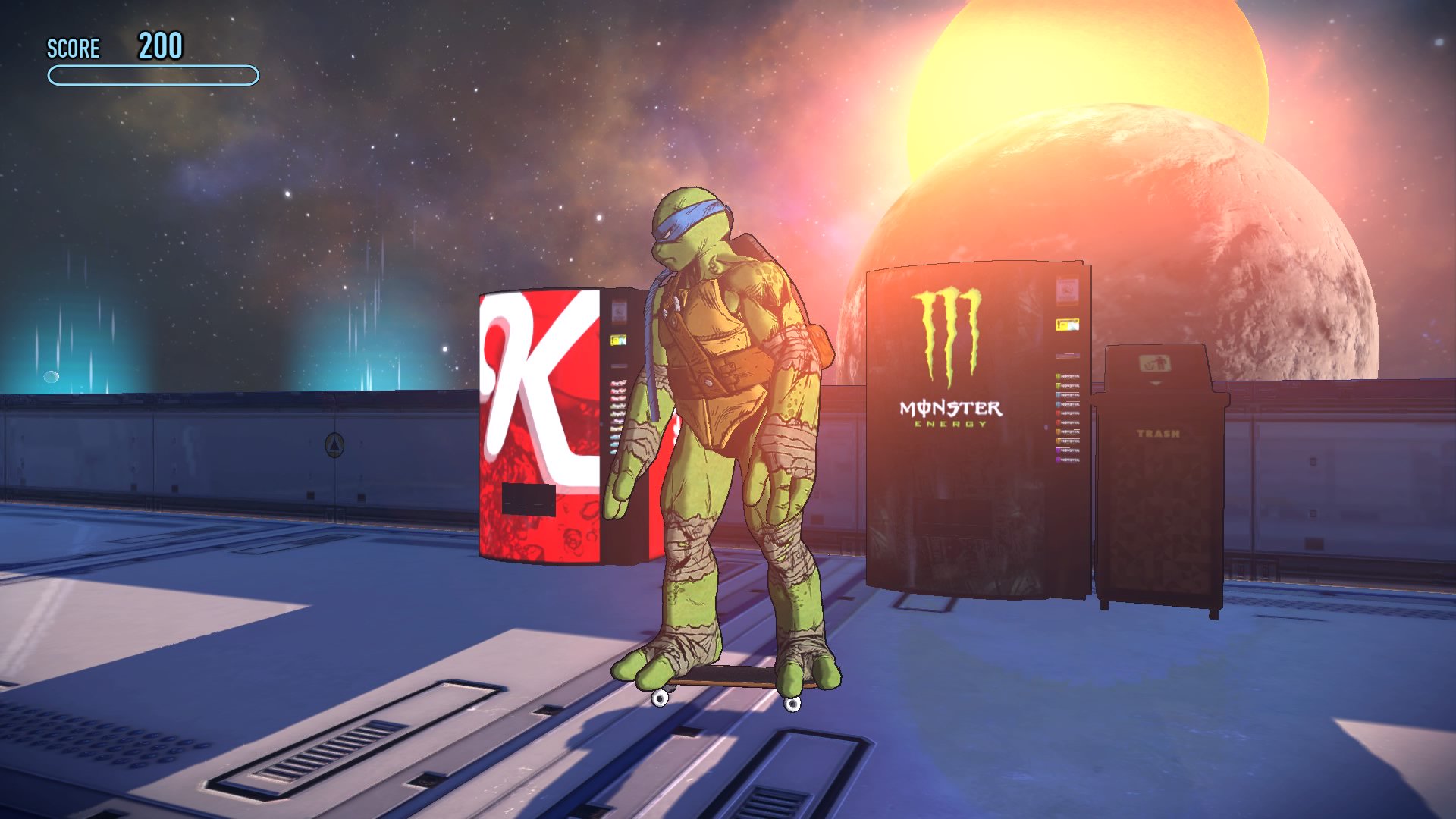
I mean, its Leonardo from Teenage Mutant Ninja Turtles on a skateboard in front of a Monster energy drink machine in outer space. C’mon!
This article originally appeared on VICE US.